
QU’EST-CE QUE LA SANTÉ ENVIRONNEMENTALE?
La santé publique environnementale englobe tous les aspects de notre vie, de l’air à l’eau en passant par l’alimentation, l’emploi et les loisirs, nos maisons et nos familles. Elle est la pierre angulaire de communautés sûres, fonctionnelles et prospères.
En collaboration avec les autorités sanitaires provinciales et régionales, les comtés sanitaires, les conseils tribaux et les gouvernements et ministères provinciaux et fédéraux, ces professionnels de la santé publique environnementale (également connus sous le nom d’inspecteurs en santé publique et d’agents en hygiène de l’environnement) sont essentiels pour garantir la sécurité de l’eau, des aliments, de la terre, de l’air et des installations.
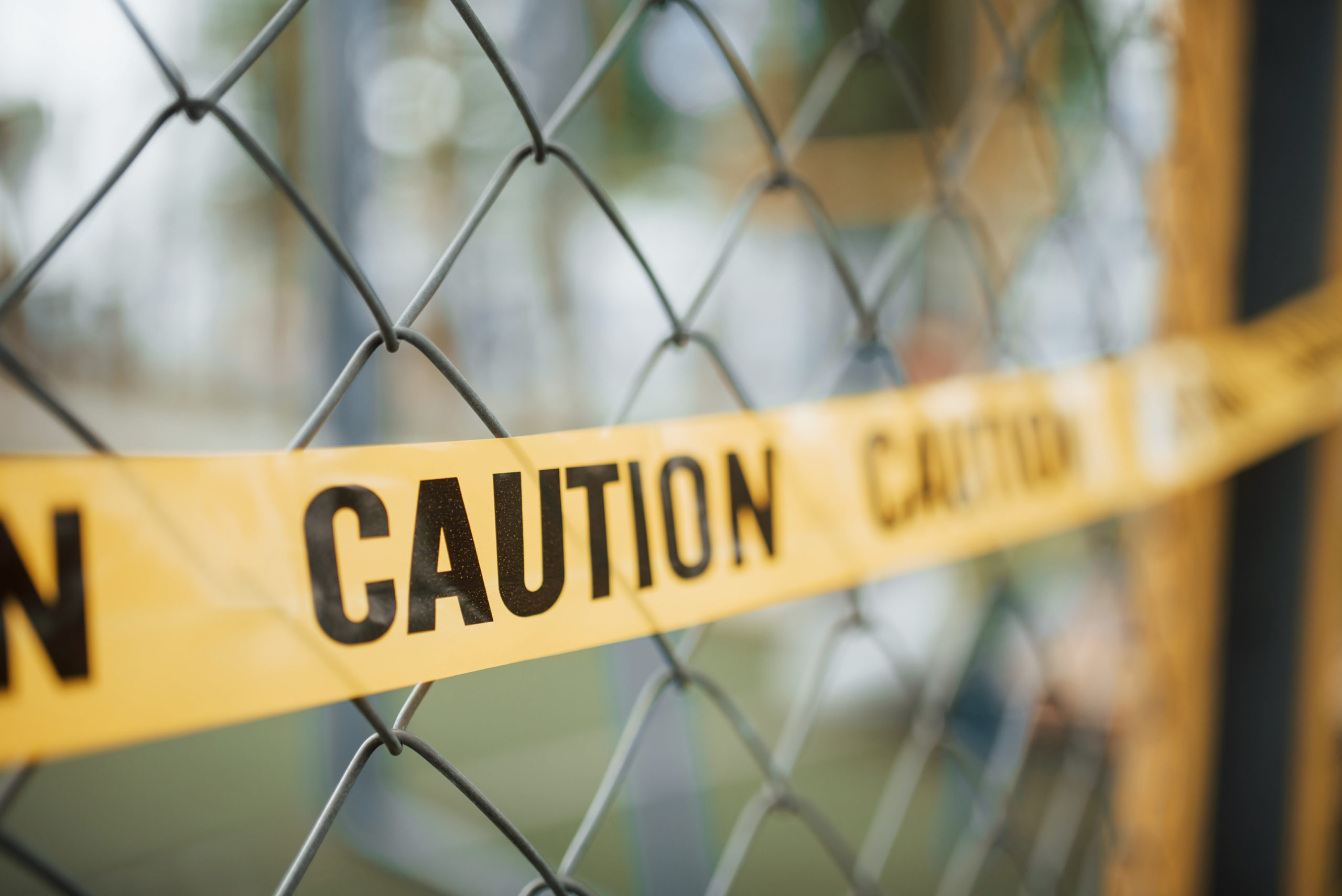
Application de la loi sur la santé publique


Salubrité des aliments


Salubrité de l’eau potable


Salubrité des eaux récréatives


Établissements de garde et de soins


Événements spéciaux et festivals


Contrôle des maladies transmissibles


Équipes d’intervention d’urgence

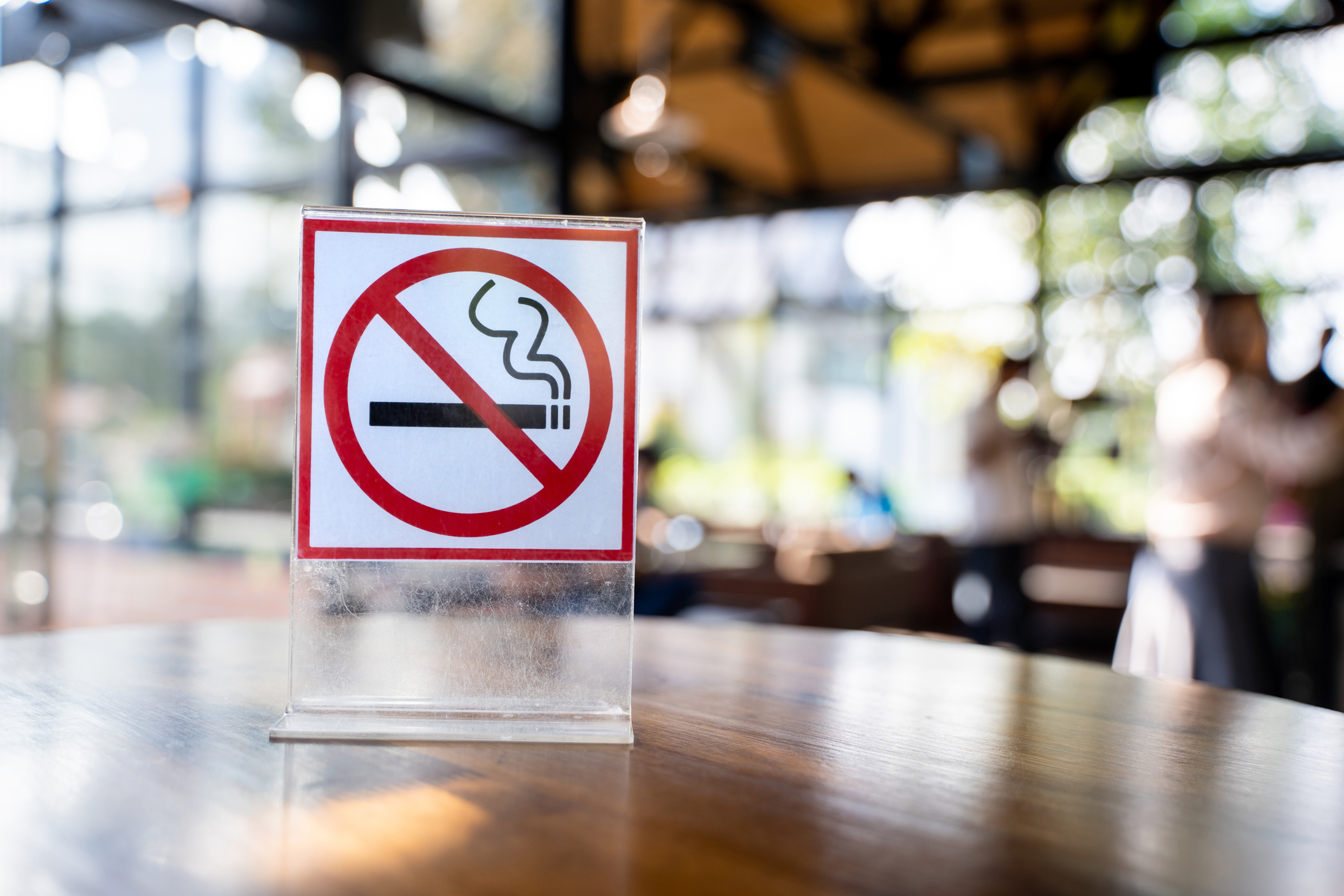
Lutte contre le tabagisme


Qualité de l’air


Promotion de la santé

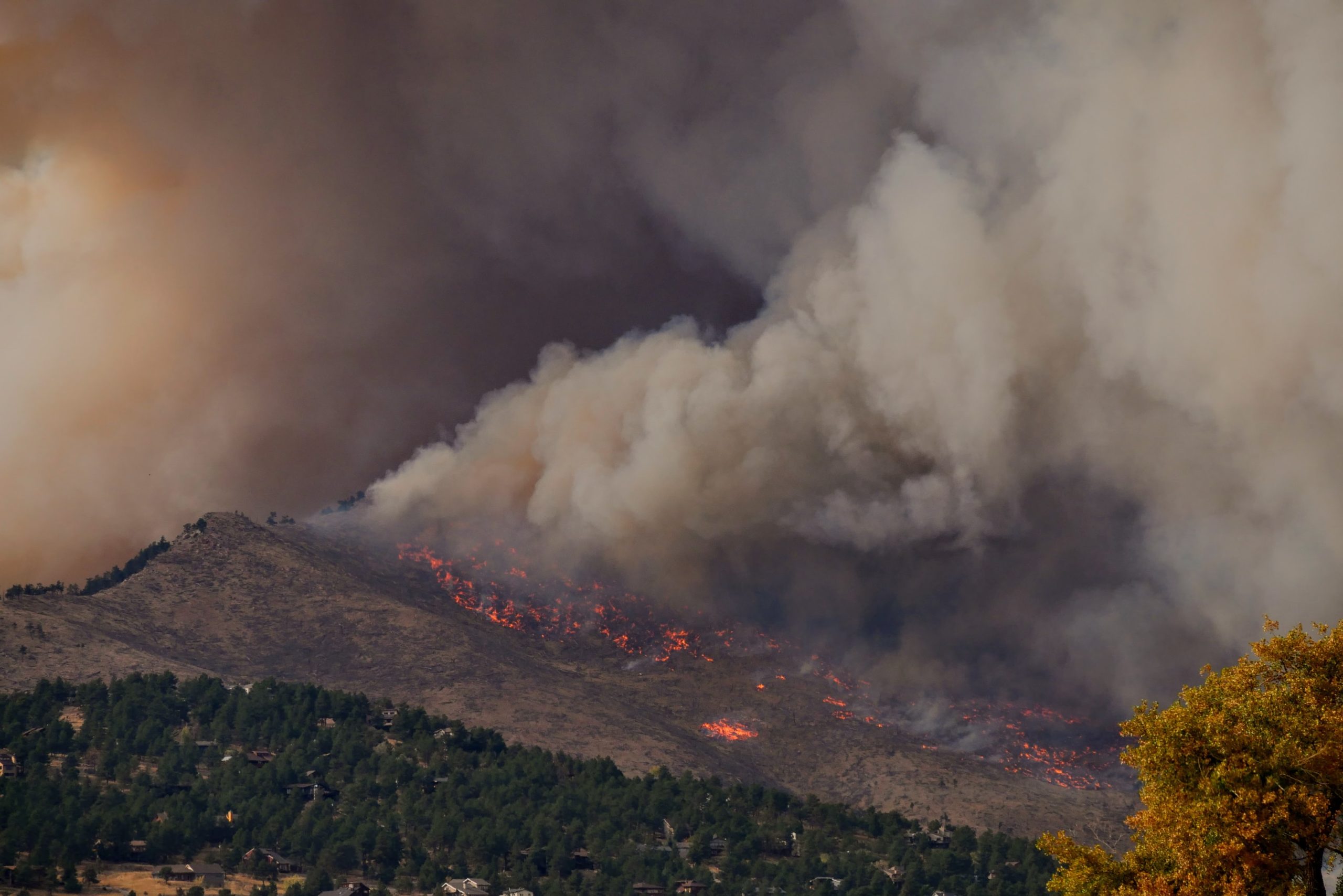
Gestion des dangers sanitaires

Cependant, tous les Canadiens ne sont pas en permanence en sécurité, en raison d’un manque d’équité sociale, d’événements imprévus et de changements constants dans notre société et notre environnement. Mais, quelle que soit la cause, les professionnels de la santé publique environnementale apprennent et s’adaptent continuellement pour anticiper et relever les défis qui se posent à la santé et à la sécurité de chacun, dans le but de rendre le Canada meilleur pour tous
EN SAVOIR PLUS

Comment devenir un professionnel de la santé publique environnementale ?
Les professionnels de la santé publique environnementale possèdent des compétences professionnelles spécifiques obtenues grâce à un enseignement spécialisé, une formation et une certification nationale au Canada.
Bien que les parcours de carrière et les niveaux d’expertise varient, un professionnel de la santé publique environnementale doit généralement :
1
Être titulaire d’un titre de compétences approuvé, tel qu’un baccalauréat en santé environnementale.
2
Avoir effectué un stage d’une durée minimale de 12 semaines.
3
Réussir un examen comprenant des épreuves écrites et orales afin de recevoir un certificat d’inspection en santé publique (Canada), CISP(C), de l’Institut canadien des inspecteurs en santé publique.
Les professionnels de la santé publique environnementale doivent également entretenir leurs compétences et connaissances techniques en participant à des activités de perfectionnement professionnel continu, tout en développant une série d’autres qualités qui jouent un rôle important dans leur travail. Ces qualités comprennent une communication efficace et des compétences en matière de résolution de problèmes, l’empathie, la curiosité et le désir de faire la différence.
Amanda Hepp Helps Keep Recreational Waters Safe

Amanda Hepp, CPHI(C)
Public Health Inspector
A dedicated, part-time public health inspector at Alberta Health Services in Lethbridge, Alberta, Amanda previously worked as a full-time health inspector for a vast rural area in Northern Alberta. In her role, she was tasked with inspections under all program areas, including safe food, safe built environment, social care, communicable disease control, and more.
Now, as an avid beachgoer, Amanda works to uphold water quality and safety through recreational water quality monitoring. Harmful pollutants and microorganisms can be a grave risk to public health. As such, regular water quality monitoring is crucial to ensuring the safety of individuals who use natural bodies of water for swimming, boating, and other recreational activities.
Through routine testing of water samples and visual inspections of water bodies to detect any signs of contamination, Amanda can identify potential hazards and support prompt action to prevent exposure to harmful substances and minimize the risk of waterborne diseases. Her work is vital to promoting the health and safety of communities, preserving the environment, and enhancing the overall quality of life in our communities.
Outside of work, Amanda is currently completing her MSc in public health at the University of Lethbridge.
Vanessa Nickelo Assesses Public Health Threats

Vanessa Nickelo, CPHI(C)
National Social Media Manager
Vanessa is the Nova Scotia Department of Health and Wellness’ public health emergency preparedness consultant, and the national social media manager and past president of the CIPHI NS PEI Branch.
Working behind the scenes to assess the risks posed by public health threats and to develop coordinated plans and responses to those risks, Vanessa provides consultation and subject matter expertise on issues related to pandemic planning, public health actions on climate change, and other health protection issues.
Vanessa sees a lot on the job, but one of her most memorable experiences was witnessing a live training event. To simulate the effects of a mass casualty event, make-up artists applied special effects make-up to actors portraying victims. During the event, she saw the entire health system in action, including the Life Flight helicopter—a valuable experience that provided her with significant insights to support effective emergency response planning.
Vanessa currently resides in Halifax, Nova Scotia with her partner and three pets, including their most recent addition: a kitten rescued from Ukraine.
Lindsey Drake Works to Contain COVID-19

Lindsey Drake, CPHI(C)
Policy Analyst
Lindsey Drake currently works as a policy analyst with the Department of Health and Wellness in Halifax, Nova Scotia, and is responsible for various COVID-19 related work, along with leading and providing support for various public health projects. Prior to this, she worked as a public health officer with the Department of Environment and Climate Change in Bedford, Nova Scotia.
Throughout her career in Ontario and Nova Scotia, she has worked in various public health program areas, including food safety, infection and communicable disease control, drinking water and recreational water safety, and tobacco control. In her extensive experience, one of the most unusual things to occur was suddenly being stationed at the Halifax Stanfield International Airport in response to the COVID-19 pandemic. While Lindsey’s role shifted as the pandemic progressed, it included providing information to passengers about COVID-19 and verifying safe check-in documentation to ensure passengers were following all travel restrictions.
Lindsey graduated from Cape Breton University with a BSc (with a concentration in biology) and a BHS in public health. She has also completed practicum training and is a CIPHI-certified public health inspector.
Meet an environmental public health professional
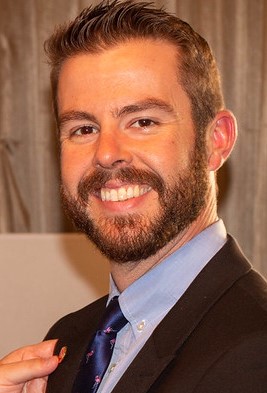
Casey Neathway, CPHI(C)
National President-Elect
Casey is the interior regional manager of Environmental Public Health Services for British Columbia’s First Nations Health Authority, the first province-wide, Indigenous-led health authority of its kind in Canada. Casey graduated from Thompson Rivers University with a BSc. in cellular, molecular, and microbial biology, and subsequently attended BCIT for his environmental health training, graduating in 2008. Since then, Casey has continued his education, obtaining graduate certificates in public health strategic communications and public health leadership. Throughout his career, Casey has worked in varied programs in population and public health, including environmental health, community care licensing, and First Nations community programming.
Prior to joining the BC Branch Executive Council as president-elect, Casey was (and continues to be) an associate editor of the BC Branch newsletter, and spent a number of years as a BoC examiner.
Casey currently lives in Vernon, BC where he enjoys the ideal Okanagan climate by backpacking, kayaking, camping, and snowshoeing with his family and dog.
Dana Trefry Prevents Outbreaks of Disease

Dana Trefry, CPHI(C), BSc., BHSc.
Health Protection Consultant, Nova Scotia Health Authority
When Dana Trefry started university in 2003, she had no idea that the environmental public health profession even existed. That changed when she took her first microbiology course at Cape Breton University, during which she “fell in love with microbes” and learned about outbreaks and what can be done to prevent them. This piqued Dana’s interest in environmental public health and pointed her in the direction of CPHI(C) certification.Over the span of 13 years of working with the Nova Scotia provincial government, she built a career teaching others how to prevent illness, especially through food safety/infection control inspections.
During a typical day on the job, Dana helps lead the Health Protection team deliver their immunization programs and communicable disease case management program. She collaborates with public health inspectors and public health nurses daily on their work, provide guidance on outbreaks, implements and evaluates new projects and manages the Mobile Outreach Immunization team.The Outreach team delivers immunization to the clinics in community, focusing on rural locations and meeting populations for whom barriers exist where they are at. Although these clinics have primarily administered Covid-19 vaccines, Dana and her team are exploring different uses for mobile outreach, with the goal of continuing to strengthen public health for all.
Samarjeet Singh Embarks on a Career in Environmental Public Health
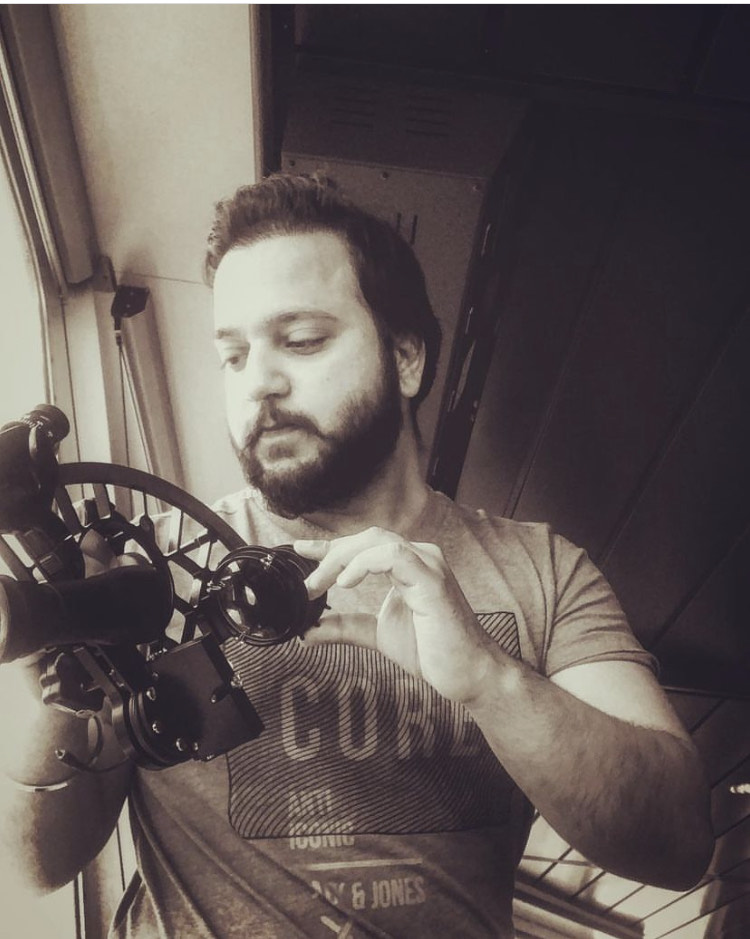
Samarjeet Singh, BHSc.
Public Health Inspector Intern, Manitoba Health
Before pursuing a career in environmental public health, Samarjeet Singh was serving as a second officer in the merchant navy. However, he found himself drifting to a different shore and graduated with a Public Health degree from Cape Breton University in 2023. Based on an exceptional university experience, the mentorship of amazing professors, and an informative summer student position at the Grey Bruce Health Unit (GBHU), Samarjeet has gained a great understanding of the environmental public health profession—particularly the importance of prevention activities. Now, he’s well on his way to achieving his goals of becoming a public servant and keeping people safe and healthy.
As a public health inspector intern in Manitoba, Samarjeet finds no two days the same, with each presenting new challenges and motivations. He fondly recalls a particular experience with the GBHU, when he helped an elderly man interpret a well water sample so that he could understand the risks associated with the water quality. When Samarjeet received a voice message the next day that said, “Thank God for people like you,” he knew he was making a real difference.

